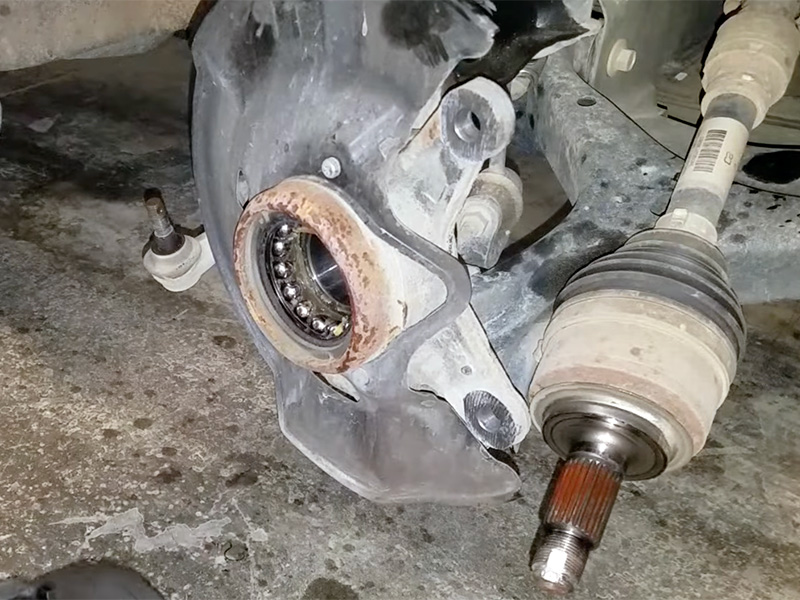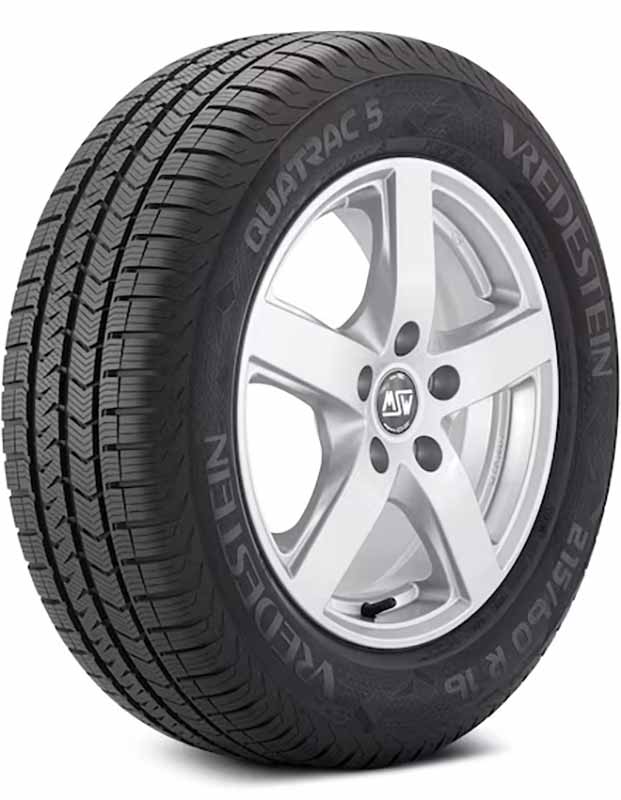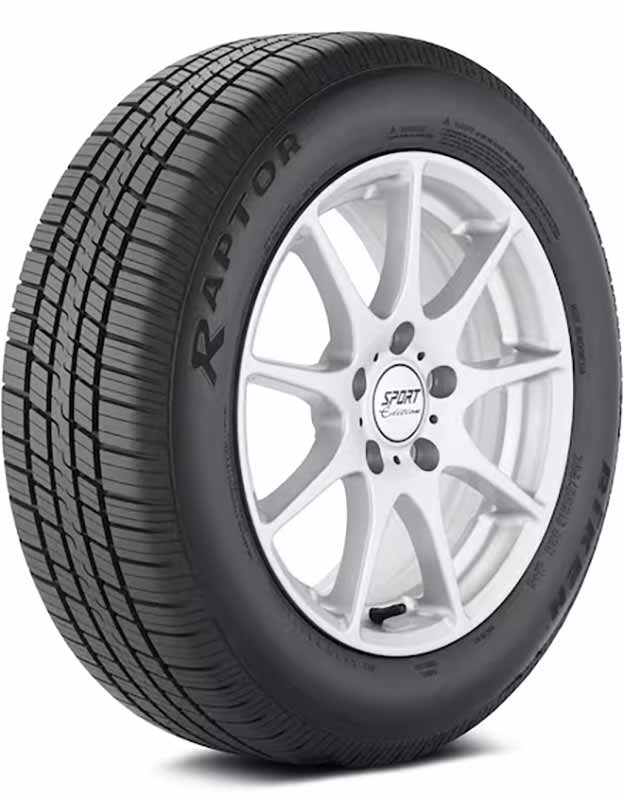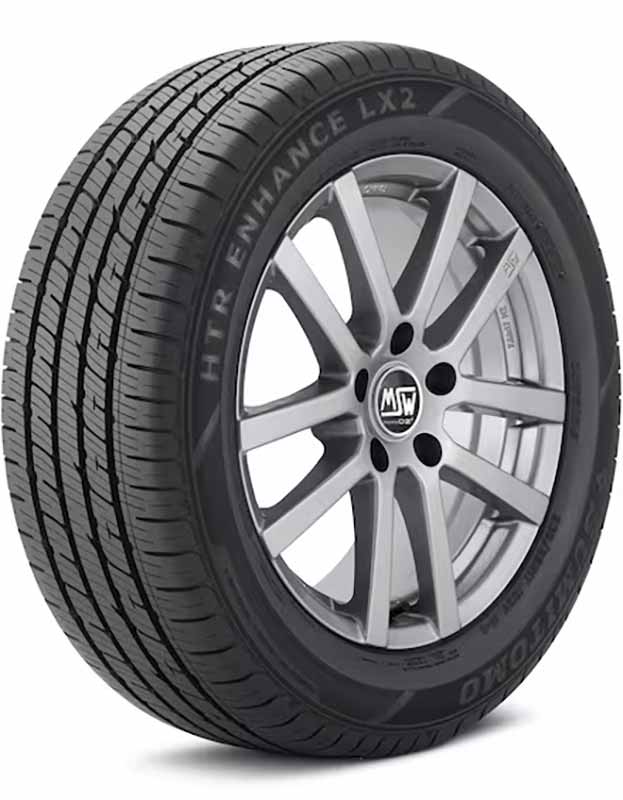Imagine you’re in the waiting room of your local mechanic’s shop having a wheel bearing replaced. One of the thoughts running through your head is “how long before I have to get another wheel bearing replaced?”
How Long Do Wheel Bearings Last?
Wheel bearings typically last between 80,000 to 100,000 miles, though their lifespan can vary based on driving conditions, maintenance, and vehicle type.
In this article, we’ll explore the essential role of wheel bearings in your vehicle, factors affecting their longevity, how to identify and address issues, and maintenance tips to maximize their lifespan.
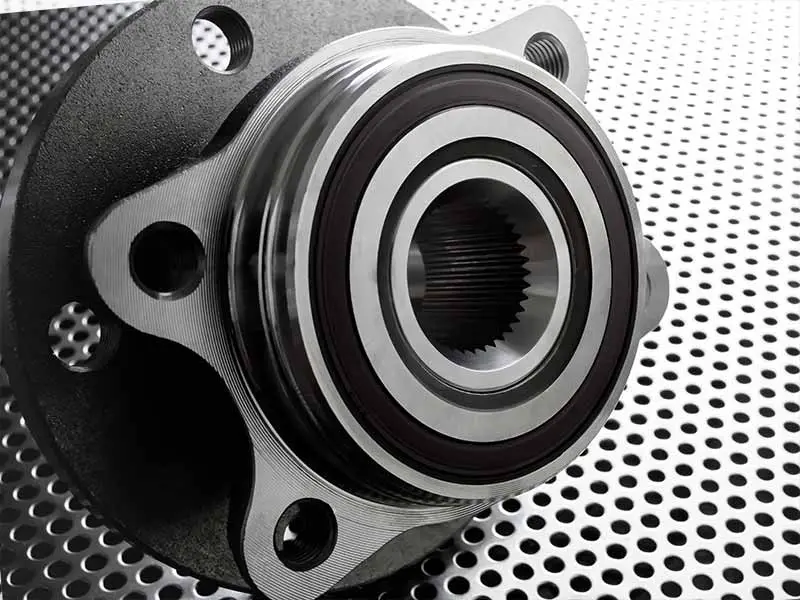
Understanding Wheel Bearings
Wheel bearings are key components in your vehicle’s wheel assembly, enabling your wheels to spin freely and supporting the vehicle’s weight. To get a bit technical, they are a set of steel balls held together by a metal ring, known as a race. They sit snugly inside the hub, the central part of the wheel that connects to the axle. Their primary job? To reduce friction and ensure a smooth ride.
The Role of Wheel Bearings in Vehicles
- Reducing Friction: This is their main gig. By minimizing the friction that occurs when wheels spin, they ensure your vehicle glides along the road.
- Supporting Weight: Your car is heavy, and the wheel bearings take on the brunt of this weight, especially when you hit those bumps and turns.
- Ensuring Precision Steering: Ever wondered how your car steers so smoothly? Thank your wheel bearings for that precise control and stability.
Types of Wheel Bearings
There are several types of wheel bearings, and the kind your vehicle uses depends largely on its make and model. The most common types are:
- Ball Bearings: Versatile and used in a variety of vehicles.
- Roller Bearings: Ideal for heavy-duty vehicles due to their robust nature.
- Tapered Roller Bearings: Known for handling large axial and radial forces, making them suitable for trucks.
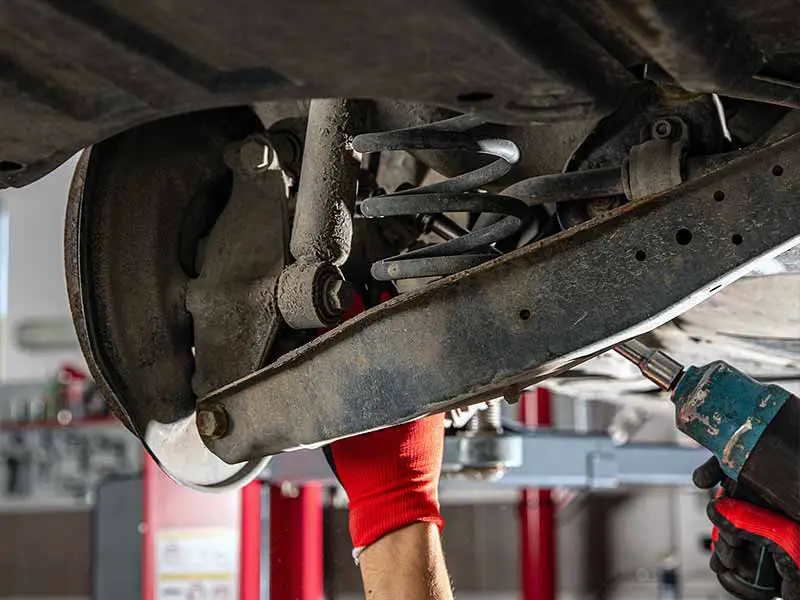
Average Life of Wheel Bearings
The lifespan of wheel bearings varies, but typically, you can expect them to last anywhere from 85,000 to 100,000 miles. That said, this is not set in stone. Some bearings may last longer, while others might give up sooner. It’s a bit like how some people can run marathons into their 80s, while others might hang up their running shoes earlier.
Factors Influencing Wheel Bearing Life
Several factors can affect the longevity of your wheel bearings:
- Driving Conditions: Rough roads, mud, and water can shorten the life of your bearings.
- Driving Habits: Aggressive driving and frequent hard braking can accelerate wear and tear.
- Quality of Bearings: Higher quality bearings tend to last longer.
- Vehicle Maintenance: Regular maintenance can help identify and address issues before they shorten the life of your bearings.

Causes of Wheel Bearing Damage
Understanding what can cut short the life of your wheel bearings is crucial to preventing early failure.
Let’s dive into the common culprits that lead to wheel bearing damage.
Environmental and Operational Factors
- Exposure to Water and Dirt: If you frequently drive through water or on dirt roads, watch out! Moisture and debris can penetrate the bearings, leading to rust and deterioration.
- Impact Damage: Hitting potholes or road debris can cause immediate harm to wheel bearings. It’s like stubbing your toe – sudden and painful.
- Poor Installation: Just like a badly assembled piece of furniture, improperly installed wheel bearings won’t last long. This highlights the importance of professional installation.
- Driving Habits: Hard braking and aggressive cornering put extra stress on wheel bearings, leading to faster wear.
Other Contributing Factors
- Lack of Lubrication: Bearings need proper lubrication to function smoothly. Neglecting this can lead to increased friction and heat, accelerating wear.
- Driving on Worn Tires: Uneven tire wear can cause imbalances, putting extra strain on wheel bearings.
- Excess Load: Overloading your vehicle puts additional pressure on the bearings, potentially leading to premature wear.

What Happens If a Wheel Bearing Fails
Wheel bearing failure isn’t just a minor inconvenience; it can be a serious safety concern. Let’s take a closer look at the consequences of a failing wheel bearing and why it’s crucial to address issues promptly.
Immediate Consequences of Bearing Failure
- Loss of Control: A failing wheel bearing can severely impact steering and handling. This can lead to a loss of control over the vehicle, especially at high speeds.
- Increased Friction: Worn-out bearings generate more friction, potentially leading to overheating in the wheel hub.
- Noise and Vibration: Expect a chorus of noises ranging from grinding to humming, along with noticeable vibrations.
The Risks of Ignoring Bearing Issues
- Wheel Lockup: In extreme cases, a completely failed bearing can cause the wheel to lock up or even come off while driving.
- Additional Damage: Failing to address a bad wheel bearing can lead to damage in other parts of the wheel assembly, like the hub or the axle.
- Safety Hazard: Driving with a bad wheel bearing not only endangers you but also others on the road.
Immediate Steps to Take
- Reduce Speed: If you suspect a wheel bearing issue while driving, slow down gradually and avoid sudden movements.
- Find a Safe Place to Stop: Look for a safe location to pull over as soon as possible.
- Inspect the Vehicle: If safe to do so, perform a quick inspection for any visible signs of damage or excessive heat in the wheel hub.
Is It OK to Drive with a Bad Wheel Bearing?
Simply put, no. It’s not safe to drive with a bad wheel bearing. Even if the vehicle seems to be handling fine, the risk of sudden failure and the potential consequences are too high. It’s always better to address the problem immediately.
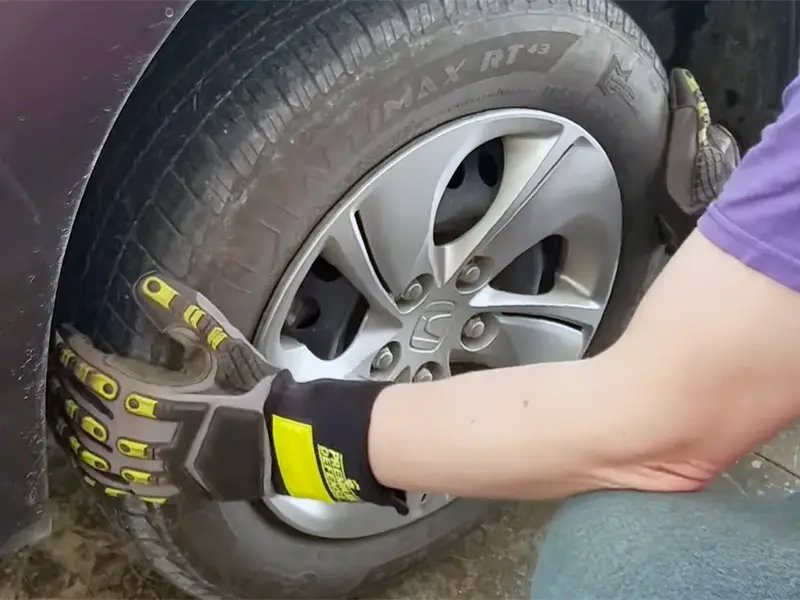
How to Check Wheel Bearings
Knowing how to check your wheel bearings is an essential part of vehicle maintenance. It’s not just about detecting problems; it’s about ensuring your safety on the road. Let’s walk through the steps to check wheel bearings and understand the signs of trouble.
Step-by-Step Guide to Checking Wheel Bearings
- Lift the Vehicle: Safely elevate the vehicle using a jack. Make sure it’s securely supported before you proceed.
- Check for Play: Grasp each wheel at the top and bottom and try to rock it. Any noticeable play might indicate a worn wheel bearing.
- Rotate the Wheel: Spin the wheel by hand. You’re listening for any grinding or grating noise, which could suggest a bearing issue.
- Feel for Heat: After a drive, touch the wheel hubs. Excessive heat can be a sign of bearing friction.
Recognizing Bad Wheel Bearing Symptoms
- Unusual Noises: Listen for grinding, humming, or growling noises. These sounds often get louder with increased speed.
- Vibrations and Wobble: Feeling vibrations in the steering wheel or floorboard? This can be a sign of a bad wheel bearing.
- Loose Handling: If your vehicle feels loose or unstable, especially when turning, it might be a bearing issue.
How to Tell Which Wheel Bearing Is Bad While Driving
- Change in Noise with Vehicle Speed: Pay attention to how the noise changes with your speed. A bad wheel bearing will typically make more noise the faster you go.
- Noise When Turning: Often, the noise will change or get louder when you make turns, indicating which side the bad bearing is on.

Prevention and Maintenance of Wheel Bearings
Proper maintenance and care of wheel bearings are vital for their longevity and your vehicle’s overall health. In this section, we’ll cover some key tips on how to maintain your wheel bearings and prevent potential issues.
Routine Checks and Maintenance
- Regular Inspections: Have your wheel bearings checked during routine vehicle maintenance, such as oil changes or brake inspections.
- Professional Servicing: If you’re not comfortable checking bearings yourself, have them inspected by a professional mechanic.
- Timely Repairs: Address any issues or noises immediately. Delaying repairs can lead to more significant problems.
Tips for Extending Bearing Life
- Avoid Harsh Conditions: Try to minimize driving through deep water or mud, which can cause premature bearing wear.
- Mind the Load: Avoid overloading your vehicle, as excessive weight puts additional strain on the bearings.
- Smooth Driving: Adopt smoother driving habits. Sudden stops and aggressive turns can impact the longevity of your bearings.
Importance of Quality Parts and Installation
- Choose Quality Bearings: Opt for high-quality wheel bearings, as they are more likely to last longer and perform better.
- Professional Installation: Ensure that any replacement bearings are installed by a qualified mechanic. Incorrect installation can lead to early failure.
Resources
Below are some links you may find helpful when learning about tires:
- Symptoms and signs of a bad wheel bearing – SKF
- What happens when a wheel bearing goes out? – CarParts.com
Final Thoughts
We’ve covered the basics of what wheel bearings are, their average lifespan, factors influencing their durability, and signs of wear and tear.
Regular checks, understanding the symptoms of a failing bearing, and knowing the risks of driving with a bad one are all crucial for your safety.
While wheel bearings may seem like small components, they play a significant role in your vehicle’s overall health. Take care of them, and they’ll take care of you on the road.
Good luck and happy motoring.
